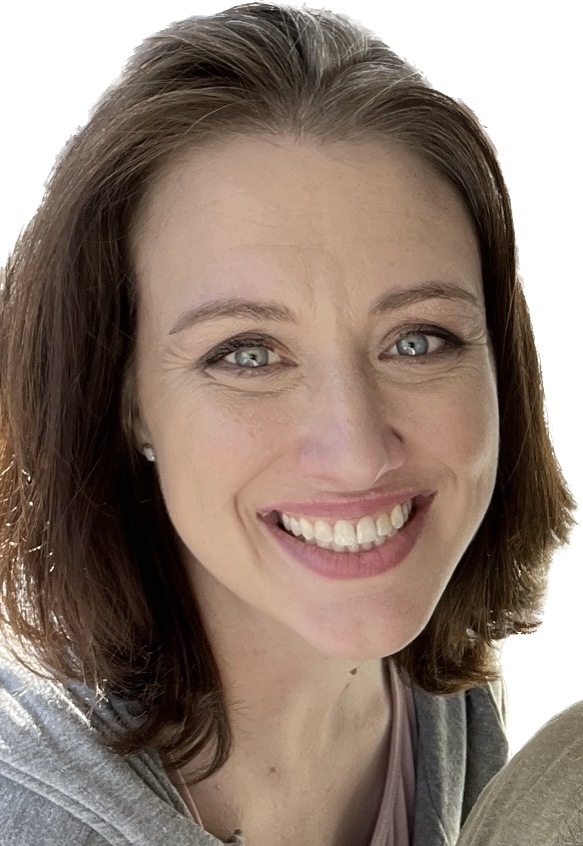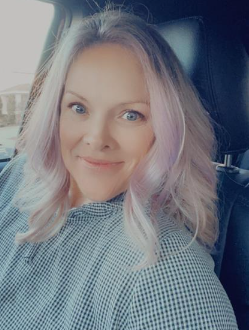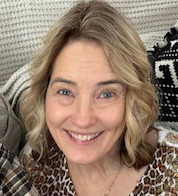By Anita Creamer, Vitals contributor
The disability community knows July 26 as Disability Independence Day, the anniversary of the Americans with Disabilities Act becoming law in 1990. Disability rights are civil rights, and simply put, the ADA protects people with disabilities from discrimination.
But the reality that’s unfolded over the past 33 years in people’s lives and employment isn’t always quite that straightforward.
Disability advocates say that the better employers, including healthcare systems, are able to embrace and integrate disability culture into their organizations, the better they are at caring for patients, employees and communities. When disability is included as part of efforts to improve health equity, real steps are being taken to treat patients with disabilities with respect and dignity—whether those disabilities are seen or unseen.
In observance of Disability Independence Day, Vitals asked members of Sutter Health’s Ability Inclusion Resource Group (Ability IRG) to share their thoughts on how the Northern California-based integrated health system helps employees who are disabled and what the ADA anniversary means to them.

Lindsay Dow
Lindsey Dow is a Sutter Pacific Medical Foundation care center manager, and she’s part of the Ability core group. In her 20s, she was diagnosed with ADHD, and in 2020, she underwent treatment for breast cancer, returning to her work duties a year later. Chemotherapy and oral hormone blockers, she says, left her with energy lags, brain fog and trouble speaking eloquently.
“When I came back to work, it was a whole different experience,” Dow says. “If you look at me, you assume everything works the way it’s supposed to. That’s not necessarily the case for people with unseen disabilities. They could still use assistance.”
The Sutter human resources team partnered with her and guided her in rebuilding her confidence as a leader, she says, and her teammates have been patient and helpful.
“Some companies have lost the importance of human connection and understanding,” Dow says. “Knowing these things can happen to you, how would you like to be treated?”
“At Sutter, we’ve taken a proactive approach. We’re still learning, but I’m grateful Sutter focuses on hiring diverse people, including people who reflect both cultural diversity and ability diversity.”

Lisa Pastoor
Lisa Pastoor, a learning and development consultant at Sutter, became paraplegic as an adult. In 2013, she developed neuromyelitis optica spectrum disorder. In the space of that year, she lost mobility, from a little bit of foot drop to needing a walker to being in a wheelchair. That was also the year Sutter hired her.
“Even with the growth of interest in diversity, equity and inclusion,” Pastoor says, “the disability community can feel forgotten.”
When necessary, she’s pointed out the need for accommodation at work. For example, she says: “At Sutter, the doors inside in our building were really heavy. I’d open one and it would slam on me before I could get through. We went through Facility & Property Services, and automatic doors were installed.”

Donna Sanders
Donna Sanders, a workmen’s compensation claims manager with Sutter, was born with cerebral palsy. She’s been a member of the Ability IRG since its inception in 2017 and has served as the group’s co-lead for the past two years.
“Having my own physical disability, I can bring a unique perspective to disability and acceptance and help remove barriers for people who have either seen or unseen issues,” Sanders says. “I hope to help people feel comfortable in their own skin and to feel empowered to live their lives as independently as possible. I want people to know they belong to a community.”
“The ADA is about equality—about being able to live our lives and be productive, active members of society. The ADA codifies our civil rights to have equal access to employment opportunities and public accommodations.”
She adds, “There are people whose civil rights are impacted every day. We’ve come a long way since 1990, but we still have work to do.”
Read on: Sutter Health’s commitment to patients and visitors with disabilities





